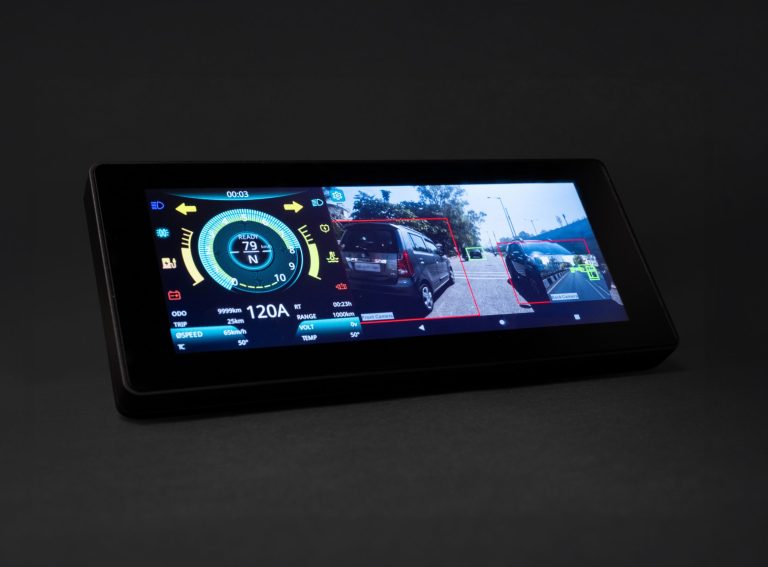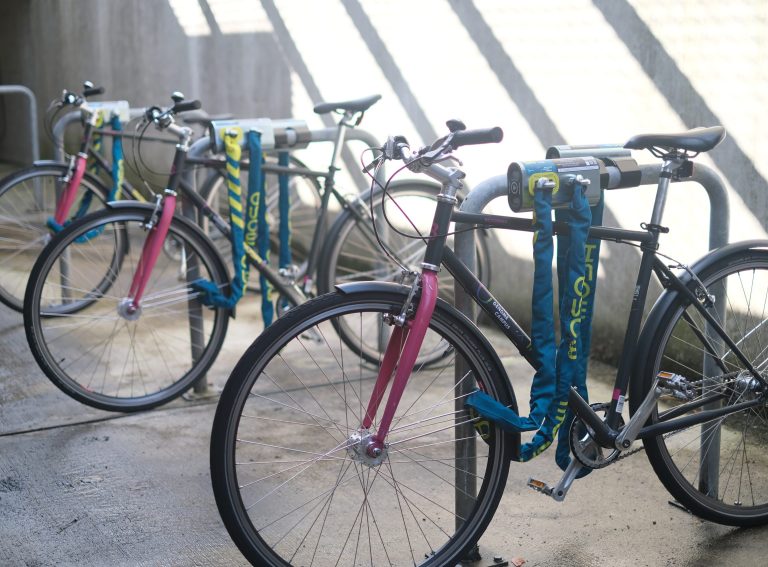Safety advances within micromobility require the blending of technology and rider education according to Superpedestrian Policy Director (Ireland and UK) Jean Andrews.
Andrews said that operators had a duty to ensure e-scooter and e-bike riders understood how to enjoy the devices safely before setting off, while also calling for the UK to implement legislation that promotes safety.
The US-based technology firm operates its LINK e-scooters in more than 50 cities across eight different countries, having recently launched in France for the first time.
Pedestrian Defence, Superpedestrian’s real-time technology aimed at preventing pavement-riding, is currently being road-tested in North America and Europe in a bid to raise safety standards.
The system was developed following the firm’s acquisition of Navmatic in July.
Fellow operator Bird unveiled its “Smart Sidewalk Protection” technology this week, another technology-based solution aimed at reducing the levels of dangerous riding.
Speaking on the Streets Ahead podcast, Andrews discussed how operators and cities can act to make micromobility safer for “riders, pedestrians, and other road users”.
“There has to be a blend of technology but also rider education,” she said.
“Rider education is absolutely key and e-scooters are still relatively new, particularly in the UK, the trials have not been around for that long. We have had private e-scooters around for the last few years, but it is still a relatively new mode, so I think that riders, pedestrians, and other road users are still getting used to e-scooters and where they should be.
“I think it probably does not help that they are not legislated for yet in the UK. It is great that there is a trial and it is brilliant to have had the opportunity during the pandemic while the roads are a little quieter to introduce this new mode. As traffic volumes have increased there have been some challenges, so as soon as legislation can be introduced in the UK context, the better, to make sure that shared e-scooter schemes and private e-scooters are regulated well so that there is a guide in terms of how people can ride the scooters.”
Shared e-scooters are currently being trialled in the UK with a view to future legislation, but private devices remain illegal.
Meanwhile, e-scooters have been legalised in many countries across Europe, including Italy, Spain, Austria, Portugal, Sweden, and France, where Superpedestrian is present.
“Once there is certainty in terms of how to ride them, where to ride them and all of that across the board, then that should make things a lot better,” Andrews added.
“There is a duty by operators to educate riders, it is not just that we are providing the technology, you have to have buy-in from the public and from the riders.”



